The COVID-19 pandemic has unleashed devastating effects on people and communities, with more than 10 million cases and more than half a million deaths globally. In addition to the health impacts, the United Nations has warned of a major mental health crisis worldwide as a result of COVID-19 and its social and economic effects.
The myriad impacts of the pandemic – job losses, reduced income, social isolation, home schooling, increased risk of family violence, fear and uncertainty – all act as stressors that impact mental health.
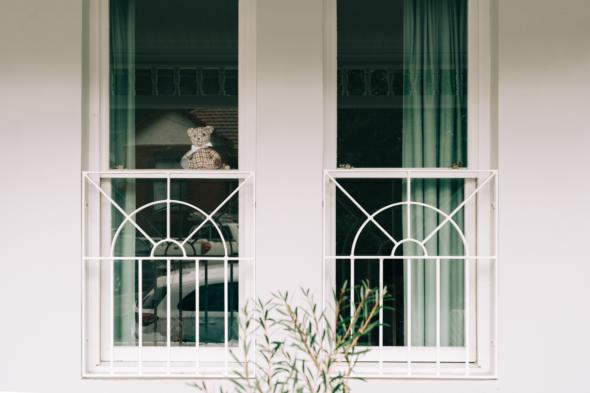
In Australia, these impacts compound the mental health toll from a summer of bushfire disasters. One study estimates that about a quarter of the Australian population experienced mild to moderate symptoms of depression or anxiety in the first month of COVID-19 restrictions, a rate substantially higher than normal.
There is evidence too that Australians are turning to alcohol in increased numbers to cope with the stress from COVID-19. Calls to mental health support services have also increased dramatically, with many people looking for help and support in relation to the pandemic.

Picture: Unsplash
The young Australians hit hard during COVID-19
So if you have been feeling very anxious or depressed, you aren’t alone. And like many you have probably searched the web for information about treatments. You may even have had advice or recommendations from friends. Or perhaps you have a friend or family member with an anxiety or depressive condition, and you would like to help them make sense of information about their treatment options.
There is plenty of information out here, but the problem is there is also a lot of misinformation too – it can be hard to know what to believe.
How do you know which treatments are supported by evidence? How can you tell if claims are credible? And how do you learn about the treatments that might best meet the needs of people with different types of anxiety conditions?
To solve this problem we led a team of researchers from the University of Melbourne commissioned by Beyond Blue to author two separate guides for the general public, one on what works for depression and the other on what works for anxiety.
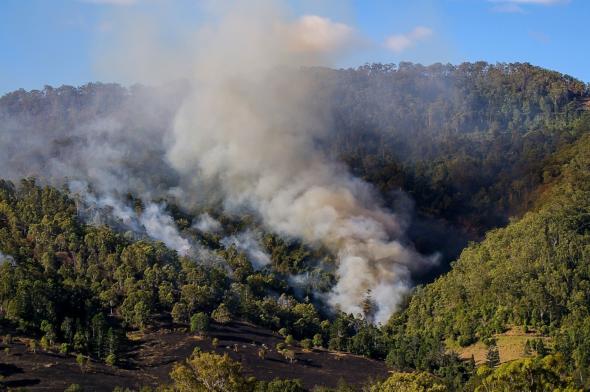
Both offer easy-to-read yet comprehensive summaries of the evidence for a wide range of treatment approaches for depression or anxiety. These include medical treatments, whether as medications or medical procedures, as well as psychological therapies including talking therapies, and self-help approaches like complementary and alternative therapies, including lifestyle approaches.
The team reviewed more than 250 treatments that were tested in over 900 research studies. Treatment summaries explain what the treatment is, how it is thought to work, if there are any known side effects or risks, and what the scientific evidence says about whether it is effective.
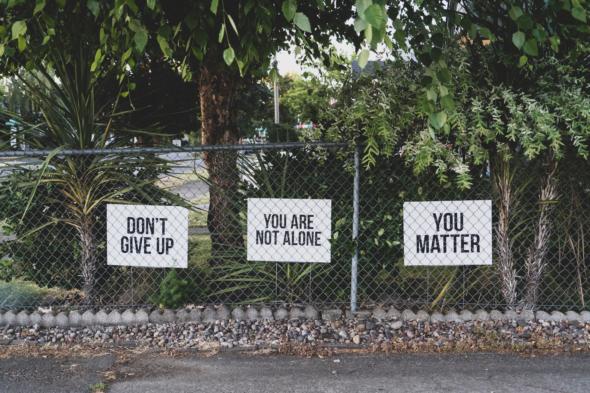
Picture: Unsplash
How COVID-19 could inspire us to a better future
The reviews end with a recommendation based on the amount of supporting evidence. Treatments are given a one thumb up rating if they are shown to be effective in at least two randomised controlled trials – these are the gold standard of treatment trials and involve randomly assigning participants into separate groups to receive different treatments. Those treatments with even more supporting evidence receive two or three thumbs up.
Treatments that have been shown not to work in two randomised trials receive a thumbs down rating, and those lacking enough scientific evidence for a rating received a question mark.
Some treatments have been studied a lot and have good evidence for many conditions. These include cognitive behaviour therapy (CBT), which receives three thumb ratings from us for depression and different types of anxiety conditions.
But other treatments seem to work for some conditions but not others. An example is anti-convulsant drugs. There is good evidence that these work for generalised anxiety disorder (we give it two thumbs up), but not for post-traumatic stress disorder (we rated it a thumb down). They also carry the risk of side effects.
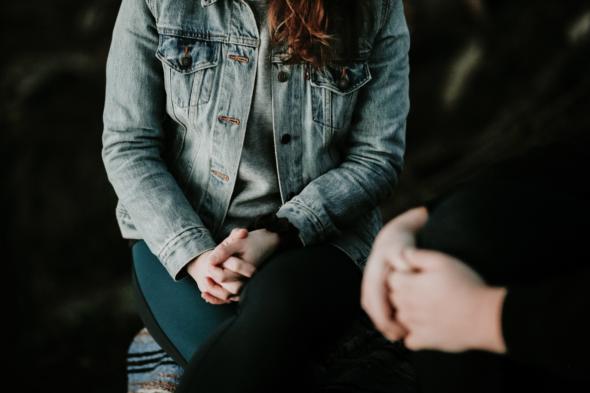
The guides are unique as they review the evidence for a large number of complementary or lifestyle treatments in addition to medical and psychological treatments. For example, we’ve looked at treatments like Bach flower remedies and meridian tapping (sometimes called ‘acupuncture without needles’).
Generally, these types of treatments tend to have fewer good quality studies, meaning that it isn’t as easy to be confident that they work for people with anxiety or depression, and in the case of these two they both receive question marks from us.
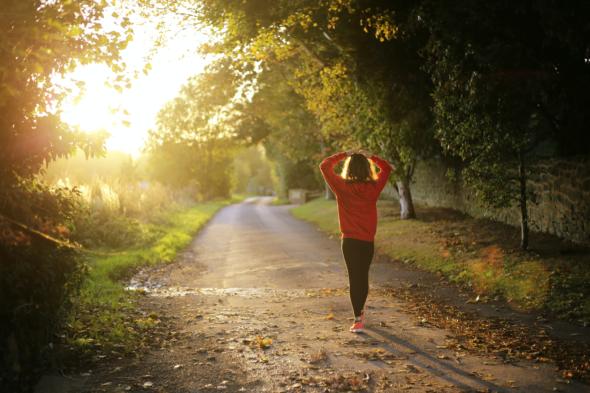
Picture: Unsplash
What is COVID-19 doing to our mental health?
When it comes to specifically treating depression, exercise for adults receives two thumbs up from us. Things like Chinese medicine, yoga and curcumin found in turmeric spice, all receive one thumb up as being promising for depression but requiring more evidence.
But we have put question marks on a whole range of proposed treatments for depression, from swimming with dolphins or having a pet, to taking lavender or cinnamon and even chewing gum.
The guides also cover treatments that aren’t routinely available but that have had media coverage, like ketamine (one thumb up for depression but with a warning of serious side effects) and psilocybin (a question mark for treating anxiety disorders with a warning that it can cause anxiety and psychosis).
While the guides are a reliable source of information about the evidence base of treatments, it is important to remember that treatments that work in research studies may not work equally well for everyone. Always check with your doctor before stopping a treatment, particularly a medication or if you have concerns about starting a new treatment.
‘A guide to what works for anxiety: An evidenced-based review’ and ‘A guide to what works for depression: An evidenced-based review are free to download from the Beyond Blue website.
If you or anyone you know needs help or support, you can call Lifeline on 13 11 14.
This article was first published on Pursuit. Read the original article.


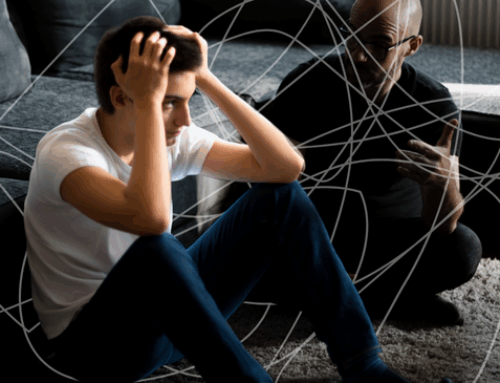

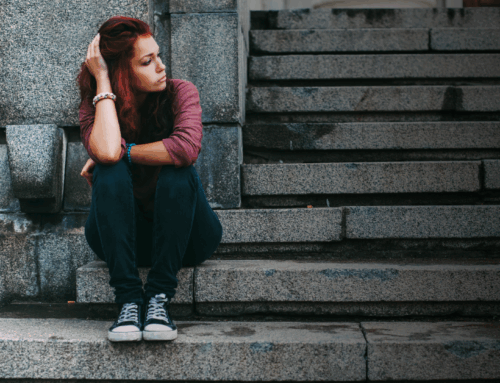
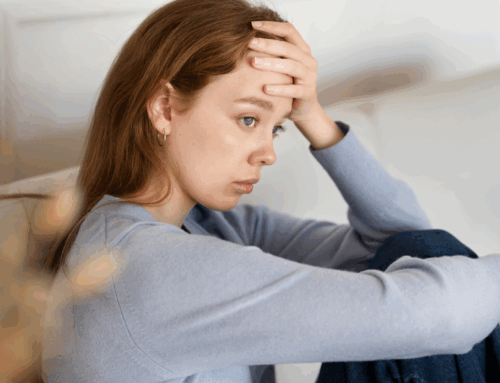

Leave A Comment